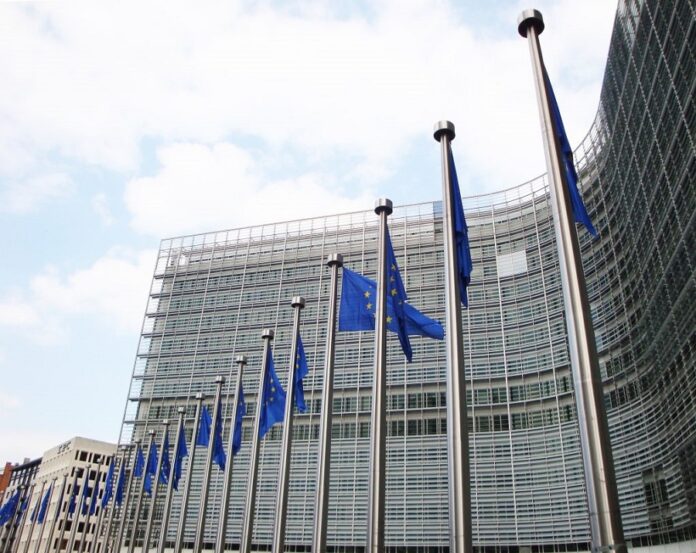The European Funds Minister Adrian Câciu announced on Wednesday that representatives of the EU Commission have understood the need to transfer delayed investments, but it could carry a risk of non-implementation within the National Recovery and Resilience Plan (PNNR) to the Cohesion Policy, according to Euractiv.
This move would grant an additional three-year window for these investments. The PNRR-funded reforms and investments must be implemented by August 2026. However, Romania is facing challenges in meeting all the targets and milestones. ”We need pragmatism and dialogue, this approach being shared by the representatives of the European Commission,” Câciu said.
As part of PNRR modification, there’s a proposal to decrease the grant component and identify specific quantitative objectives that would be funded through the Cohesion Policy. “Thus, Romania will have additional time for fulfilling these objectives,” said Câciu, noting that the investments financed by the Cohesion funds can be completed by December 2029.
Ahead of Prime Minister Marcel Ciolacu’s visit to the Commission on 1 September, several Romanian ministers have visited Brussels for PNRR renegotiation.
Minister of Finance, Marcel Boloș, has assured the Commission that Romania wouldn’t exceed a budget deficit of 6.84% of GDP, to avoid risking the suspension of European funds. Boloș advocated for increasing from 4.4% to 5.5%, citing unforeseen expenses stemming from the war in Ukraine.
Former Minister of European Funds Cristian Ghinea (USR) claims that the European Commission doesn’t trust the reform commitments of the PSD-PNL Government, and will not accept the increase of the budget deficit threshold.


